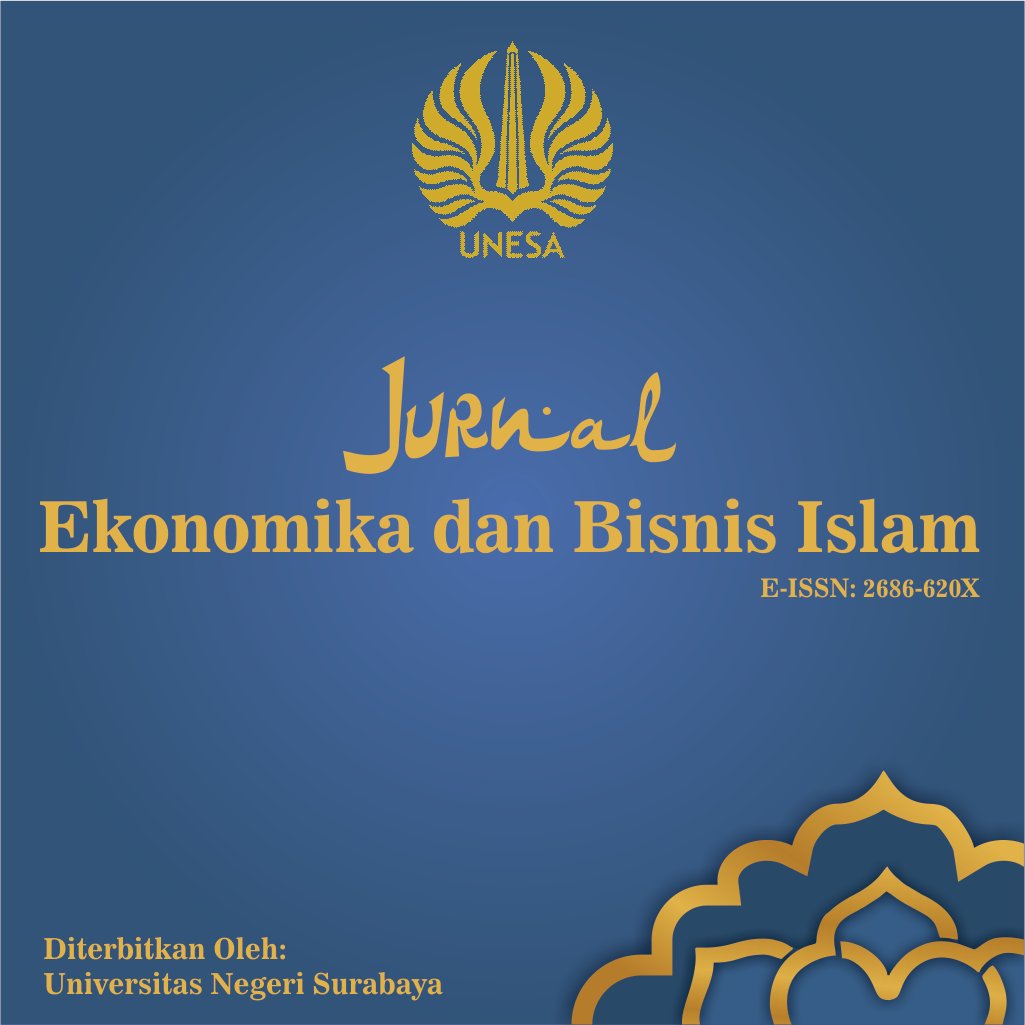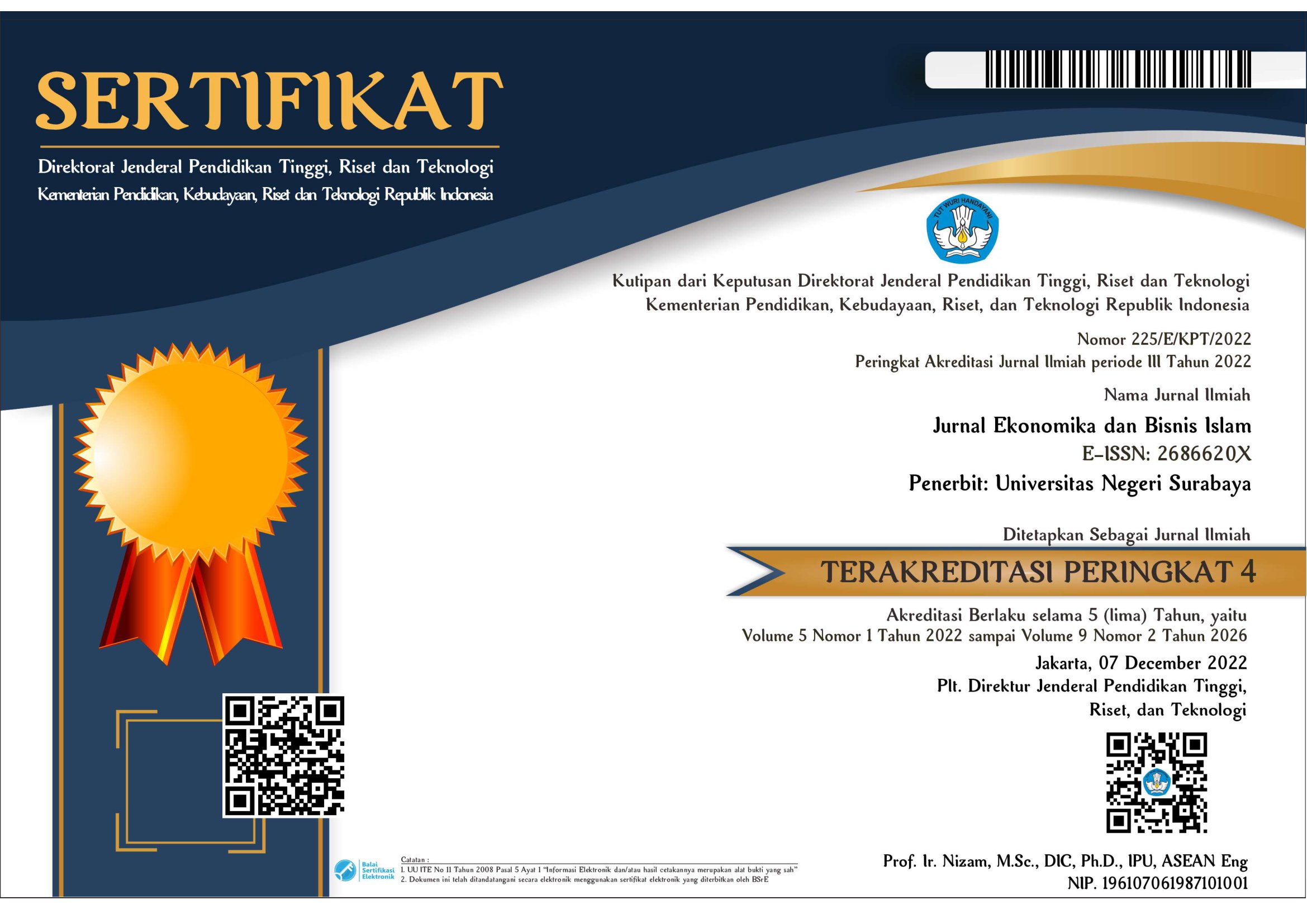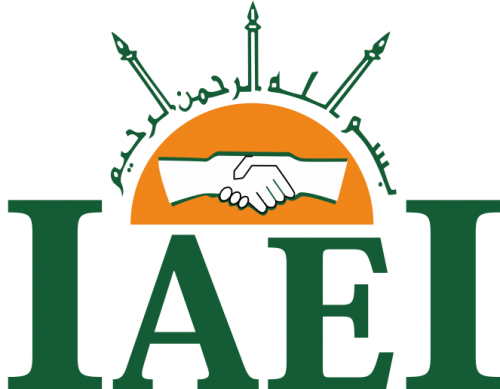Pengaruh Literasi Terhadap Inklusi Keuangan Syariah
DOI:
https://doi.org/10.26740/jekobi.v5n2.p72-79Abstract
The low level of financial literacy in Indonesia affects unexpected financial inclusion, therefore, to overcome this, various innovations and policies must be carried out in the financial sector, especially in the field of Islamic finance. Knowledge related to financial literacy and skilled in individual financial management because it is very important for daily life. There are also many people who dare to open businesses to help their family's economy and many types of businesses are opened in various fields. Financial behavior is needed to improve living standards, minimize the risk of financial disasters, be able to invest optimally and accumulate wealth within a certain period of time. Good financial behavior must pay attention to the habit of recording monthly expenditure budgets, determining and setting goals and tasks for each finance, carrying out financial activities according to the amount of income, and separating needs and wants. The purpose of this study is to observe the influence of financial literacy on financial inclusion, especially in the field of Islamic finance, financial literacy on financial technology on financial inclusion. These results have the implication that financial literacy is good so that it is hoped that the community can make appropriate financial management decisions to improve the performance and success of a business. The public is expected to be able to implement the use of financial technology products that are under the supervision of the OJK in order to avoid fraud that often occurs.
References
Ardiana, M. (2018). Kontrol Diri, Pendidikan Pengelolaan Keuangan Keluarga, Pengetahuan Inklusi Keuangan Siswa Pengaruhnya terhadap Perilaku Menabung Siswa SMK Se Kota Kediri. Jurnal Ekonomi Pendidikan Dan Kewirausahaan, 4(1).
Chen, H., & Volpe, R. (1998). An Analysis of Personal Financial Literacy Among College Students. Financial Services Review, 7(2).
Kemendikbud. (2017). Programme for International Student Assessment (PISA).
Krishna, A., Rofaida, R., & Sari, M. (2022). Analisis Tingkat Literasi Keuangan di Kalangan Mahasiswa dan Faktor-faktor yang Mempengaruhinya (Survey pada Mahasiswa Universitas Pendidikan Indonesia. Proceedings of The 4th International Conference on Teacher Education.
OJK. (2012). Lembaga Keuangan Syariah. https://www.ojk.go.id/id/kanal/syariah/tentang-syariah/pages/perbankan syariah
OJK. (2017). FAQ Otoritas Jasa Keuangan. https://www.ojk.go.id/id/pages/faqotoritas-jasa-keuangan.aspx
Salim, M. (2018). Analisis Implementasi Program Keuangan Inklusif di Wilayah Jakarta Barat dan Jakarta Selatan: Studi pada Pedagang Golongan Mikro, Instansi Perbankan, Otoritas Jasa Keuangan dan Bank Indonesia. BINUS.
Sodiq. (2015). Konsep Kesejahteraan dalam Islam. Equilibrium, 3(2).
Wahid, N. (2014). Keuangan Inklusif?: Membongkar Hegemoni Keuangan. KPG (Kepustakaan Populer Gramedia).
Downloads
Published
How to Cite
Issue
Section
License
Copyright (c) 2022 Muhammad Qomarul Rijal, rachma indrarini

This work is licensed under a Creative Commons Attribution 4.0 International License.
This work is licensed under a Creative Commons Attribution 4.0 International License.
 Abstract views: 1914
,
Abstract views: 1914
, PDF Downloads: 2323
PDF Downloads: 2323














